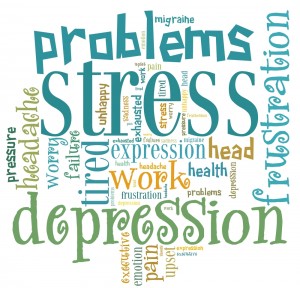-
Health & Wellness
Mayo Clinic Review: Blood Pressure Drug Effective for Treating PTSD-Related Nightmares
ROCHESTER, Minn. — Mayo Clinic researchers this week will announce the use of the blood pressure drug prazosin as an effective treatment to curb post-traumatic stress disorder (PTSD)-related nightmares.
In a presentation during the 20th European Congress of Psychiatry in Prague, Mayo Clinic psychiatrists will present a systematic literature review of prazosin in the treatment of nightmares. Researchers investigated 12 prazosin studies, four of which were randomized controlled trials.

"The studies showed the drug was well-tolerated and can take effect rapidly, within days to weeks, and some patients reported a return of nightmares when the course of prazosin was stopped," says Simon Kung, M.D., a Mayo Clinic psychiatrist and principal investigator of the study.
"There's not much available for treating nightmares in terms of medications, so prazosin is a promising option," Dr. Kung says.
He added that the literature review opens the possibility of widening the use of prazosin. "Because of the low side effects of prazosin as reported in these studies, it seems logical to extend the use of prazosin to non-PTSD nightmares."
For people who suffer from PTSD, one of the most distressing effects is the experience of nightmares; in particular, the kinds of dreams that ruin sleep with extremely frightening images of physical or emotional threats. Nightmares can be so severe that they can contribute to alcoholism, substance abuse and suicidal thinking.
One possible cause of nightmare symptoms, such as disrupted sleep, is the development of overstimulated chemical messenger norepinephrine receptors in the central nervous system.
"The thinking is that pharmacologic agents, like prazosin, that block these receptors may be ideal in treating nightmares," Dr. Kung says.
Prazosin is a hypertension medication that's been used, following research that began a decade ago, by some Veterans Administration hospitals to treat PTSD-related nightmares.
Other investigators in the study include Maria Lapid, M.D., of the Mayo Clinic Department of Psychiatry and Psychology, and Zelde Espinel M.D., M.P.H., of the Universidad El Bosque, Bogota, Colombia.
Media Contact: Nick Hanson, 507-284-5005 (days), newsbureau@mayo.edu







